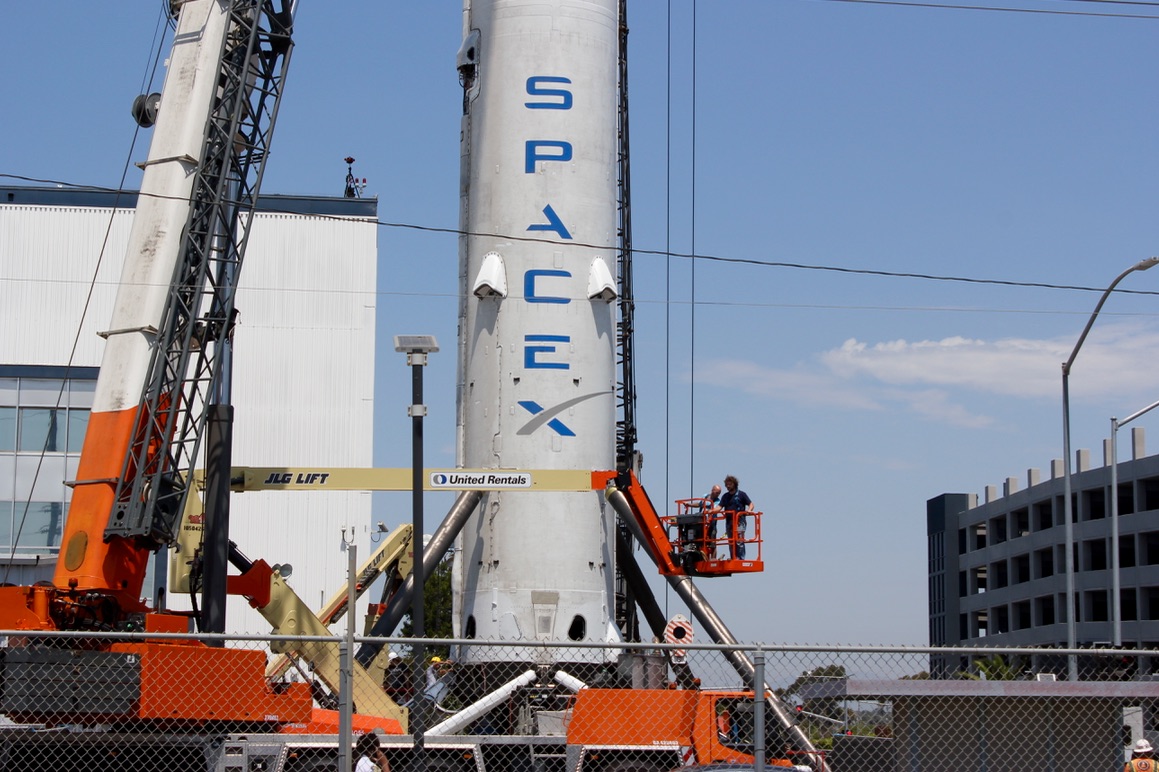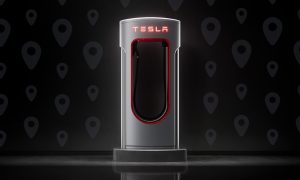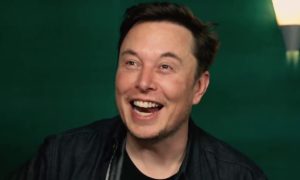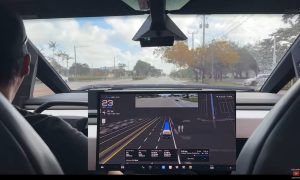Speaking at the Satellite 2017 conference in Washington this week, SpaceX president Gwynne Shotwell announced that the company would re-use a Falcon 9 rocket for the first time later this month. The rocket will be used to launch a satellite from Luxembourg’s SES SA into orbit. Re-using rockets is a key component of SpaceX’s goal of driving down the cost of space flights. “SpaceX has been working on re-usability since the get go,” Shotwell said Wednesday. “In order to make that work, you need to inspect it and make sure it is ready to fly again. Once we get really good at that, there will be downward pressure on price.”
Shotwell says the company plans five more launches in 2017 that re-use Falcon 9 rockets. SpaceX was the first company to launch and recover a rocket from orbit, which the company accomplished in December of 2015 when a Falcon 9 guided itself back to landing pad at Kennedy Space Center. Five months later, it succeeded at the far more difficult task of landing a rocket on a recovery vessel floating in the Atlantic Ocean, downrange of the launch site.
Landing on dry land is easier, but requires that there be more fuel on board at launch in order to have enough energy to fly the rocket back to where the journey began. Landing at sea takes less fuel because the recovery ship is located along the intended flight path. Less fuel devoted to recovering the rocket means more fuel is available for launching heavier payloads.
Also at the Satellite 2017 conference was Blue Origin founder Jeff Bezos who said that the future of space travel will center on space tourism. To be successful, companies will have to emulate the business model used by commercial airlines. “If the airline throws it away at the end of every trip, very few people are going to be able to afford to take that vacation,” Bezos said.
Recently, SpaceX announced it has received deposits from two people who want to fly to the moon and back aboard the company’s Dragon space capsule. The flight would take place after SpaceX successfully sends human beings to the International Space Station and back as part of its resupply contract with NASA. Shortly after that announcement, Bezos let it be known that Blue Origin was also exploring commercial space tourism opportunities.











